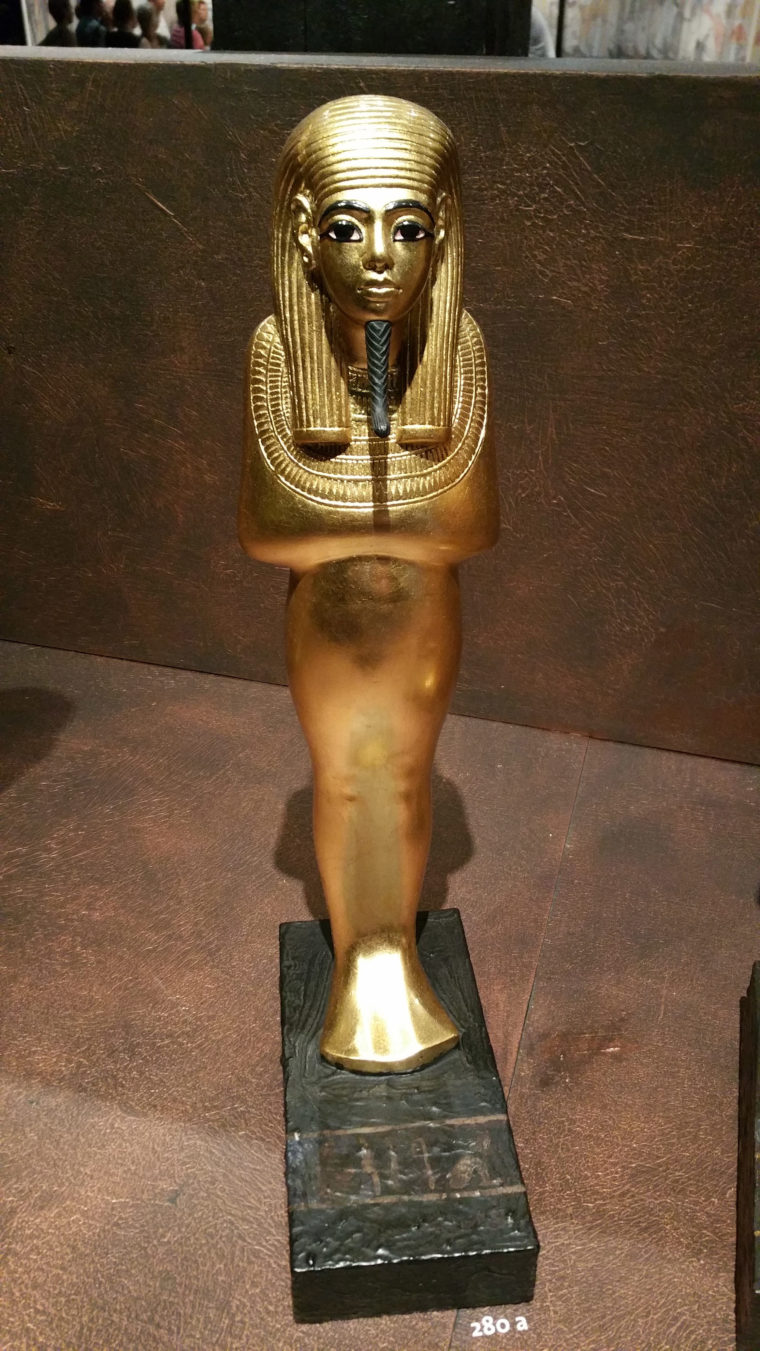One of the remarkable things rarely considered among average museum-goers is the somewhat unbelievable fact that nations in the Western world have gone to places like Egypt and taken out of sacred and historical landmarks beautiful cultural treasures. It is true that archaeologists get permits. It is true that the explorer who found Tutankhamun’s tomb spent the better part of a decade looking. It is true that he secured and invested somewhat incredible financial resources to have upwards of 100 people helping him to dig and to search for years. There was enormous work that went into finding Tut’s tomb. Nevertheless, I can’t help but appreciate the point of view which says that relevant artifacts belong to the people and region from which they came.
Of course, I also appreciate the view which says that the labor one puts into a work makes it partly yours. Tut’s tomb may have remained lost to this day without the investment of time and money that helped find it. The issue would be less troubling for me if Egypt were not a quite poor country, compared with the U.K., and had the U.K. not had troubling colonialist practices of domination and exploitation.
I am not experienced nor a scholar on the subject of works of art or national treasures like the ones I’m referring to. I am studying issues of culture, however, and the ways in which they enable or undermine the pursuit of justice. I have yet to explore the connection between my work and the excavation and relocation of artifacts like those from Tut’s tomb. I will simply have to leave for my own part further work to do in thinking about international relations and the idea of past harms from colonialism.
I do not know what all the permits that the relevant archaeologists obtained legally allowed them to do. My sense is that what they did might have been legal, but if you consider the influence of colonialism on the politics of the day, it is reasonable to wonder whether in fact the relevant laws were reasonable or legitimate. As MLK said, an unjust law is no law.

Again, I’ve not studied these matters, but am thinking aloud, or at least via a quick blogpost. What does it mean to respect a culture? What does justice require in such cases? What resolution can we hope for when it comes to serious conflicts about historical treasures, heritage, and the ownership of cultural artifacts. Laws are sometimes unjust, so even good faith efforts to get permission can be of limited help. At the same time, some people did invest huge sums of money and enormous amounts of time to locate such treasures in Egypt, long before there was air conditioning (which to me sounds simply unbearable).
I don’t know what more to say about it, other than that we need to respect a) Egypt, b) its culture, and c) the people who dedicated their lives to finding amazing historical and artistic treasures. All deserve some degree of consideration. If any friends care to enlighten me about present practices, laws, or conflicts on such subjects, I’d be quite interested. Share this to social media and comment on these ideas, if you like, or reach out to me directly.




 About Me
About Me